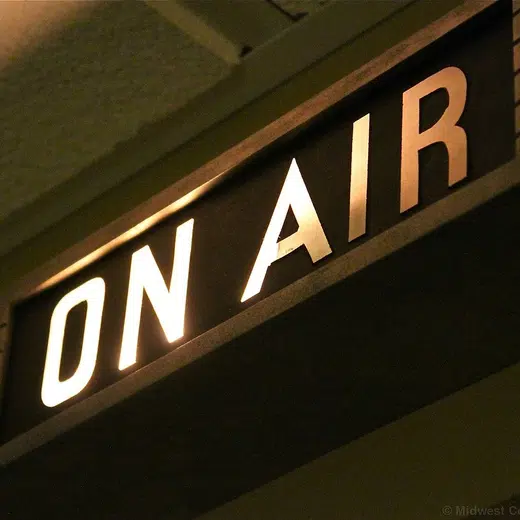By Isabel Kua and Florence Tan
SINGAPORE (Reuters) -Global aviation fuel demand is expected to fully recover to pre-pandemic levels of 300 million tonnes per year in the next one to two years, the head of aviation at Shell said on Tuesday.
Demand in the United States is back at 2019 levels while Europe’s consumption has recovered to more than 80% and is on track for full recovery in the next year, Shell Aviation President Jan Toschka told Reuters on the sidelines of the 38th Asia Pacific Petroleum Conference (APPEC).
“Asia has been a bit more of a bumpy road with markets opening up and closing down but mostly we expect Asia in particular, in the next year, to come back, but it might take another year before we see the full potential of the market,” he said.
However, jet fuel supplies are tightening in Europe with the European Union’s sanctions on Russian oil products kicking in on Feb. 5, causing the region to import more fuel from the U.S., China, India and the Middle East.
“The market needs to buy from refineries further away … shipping and rail and all kinds of distribution are under more stress now with this new kind of routing (of trade),” Toschka said.
SUSTAINABLE AVIATION FUEL
Shell is considering building two more sustainable aviation fuel (SAF) plants in the United States, as it aims for renewable fuel to account for 10% of its global jet sales by 2030, Toschka said.
One of the projects would utilise the traditional hydroprocessed esters and fatty acids (HEFA) technology while Shell hopes to tap on newer technology for the second.
“There are limits to producing products based on HEFA … we need to look into cellulosic material, alcohol to jet, less restricted feedstocks,” he said.
Shell may also make a final investment decision for its Singapore SAF plant by end 2022 or early 2023, which is expected to come on stream in 2026 with up to half a million tonnes of SAF produced in the city state, he said.
Meanwhile, its Rotterdam biofuels plant is expected to start production in 2024 or 2025, Toschka said.
“We will be having more than 2 million tonnes of SAF annually by 2030,” he added.
SAF from airlines and other sectors such as tech companies, accounting firms and banks, is gradually growing as companies strive to reduce their carbon footprint, but it’s still at a relatively small percentage of the total aviation fuel market, he added.
Philippines’ Cebu Pacific signed a memorandum of understanding with Shell on Tuesday, which will supply the low-cost carrier with 25,000 tonnes of SAF per year for five years starting from 2026. The airline said this was part of their long-term plan to achieve net-zero emissions by 2050.
Aviation, accounting for 3% of the world’s carbon emissions, is one of the most difficult forms of transportation to decarbonise.
To meet net zero goals by 2050, the industry would have to spend $50 billion a year and build 5,000 SAF plants, Toschka said.
(Editing by Jacqueline Wong)




